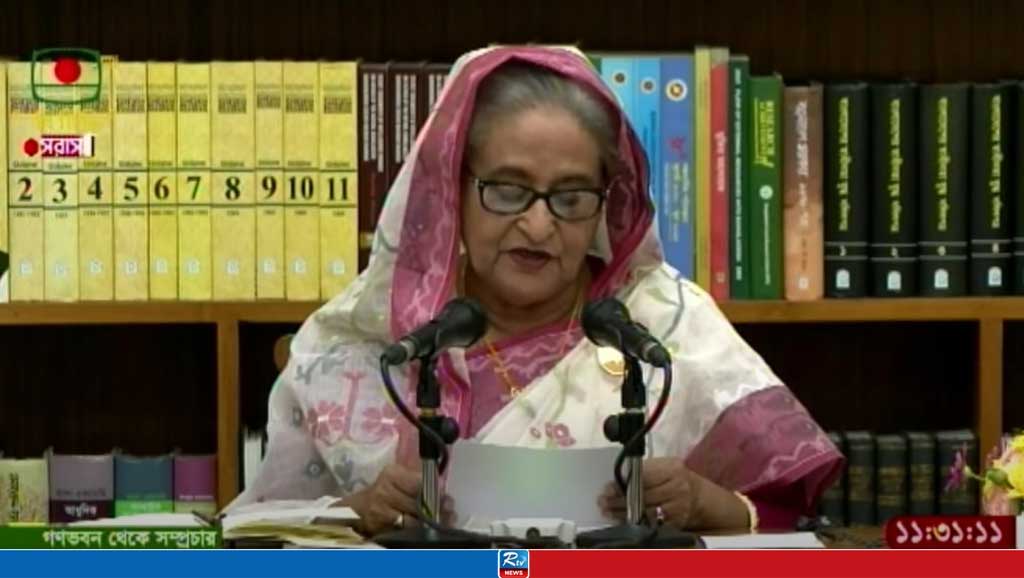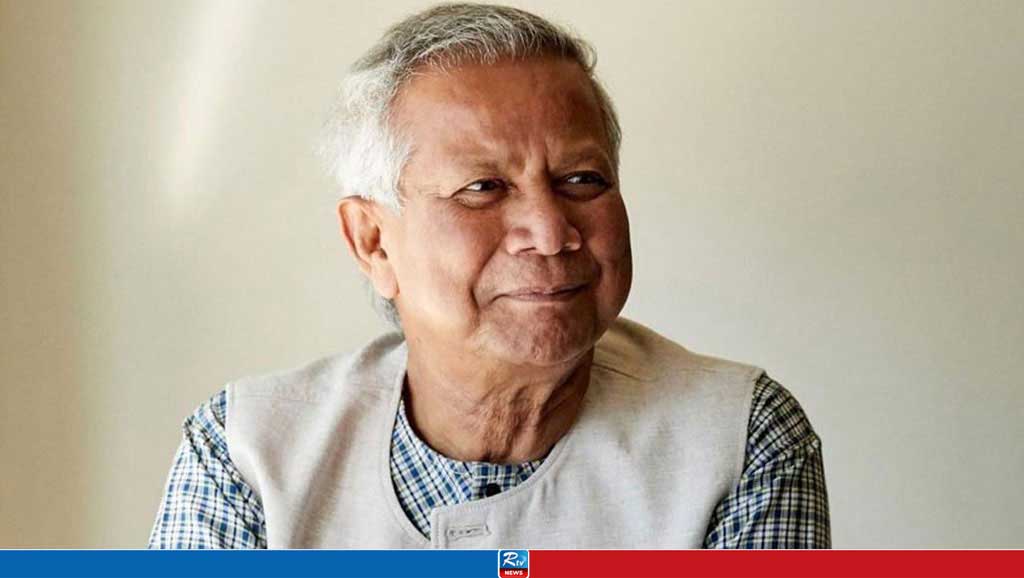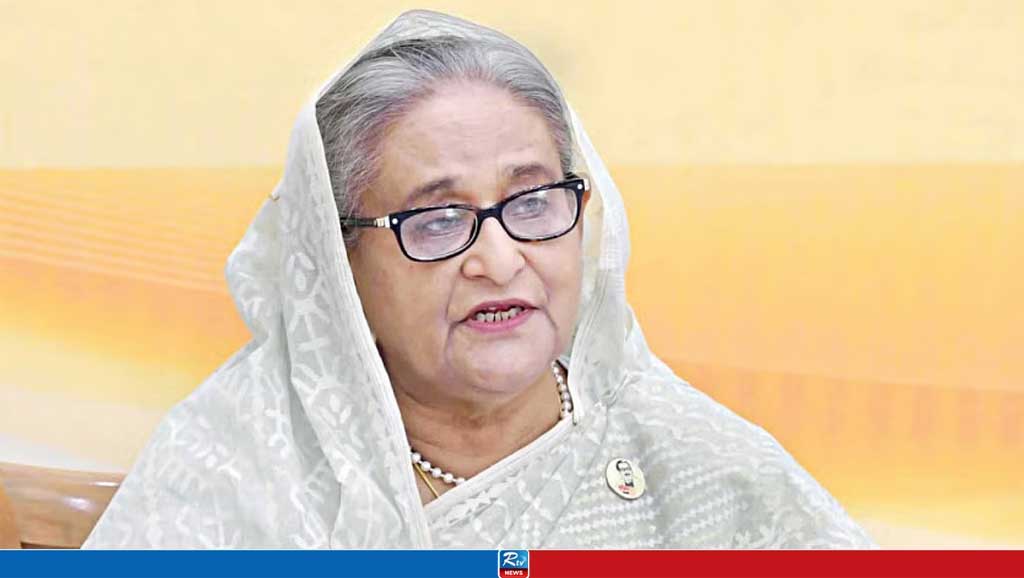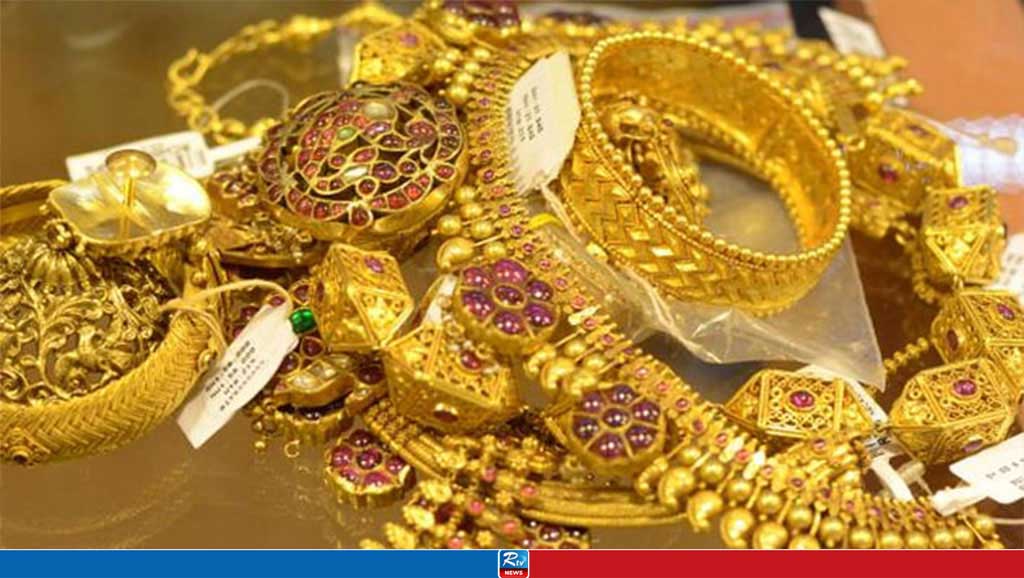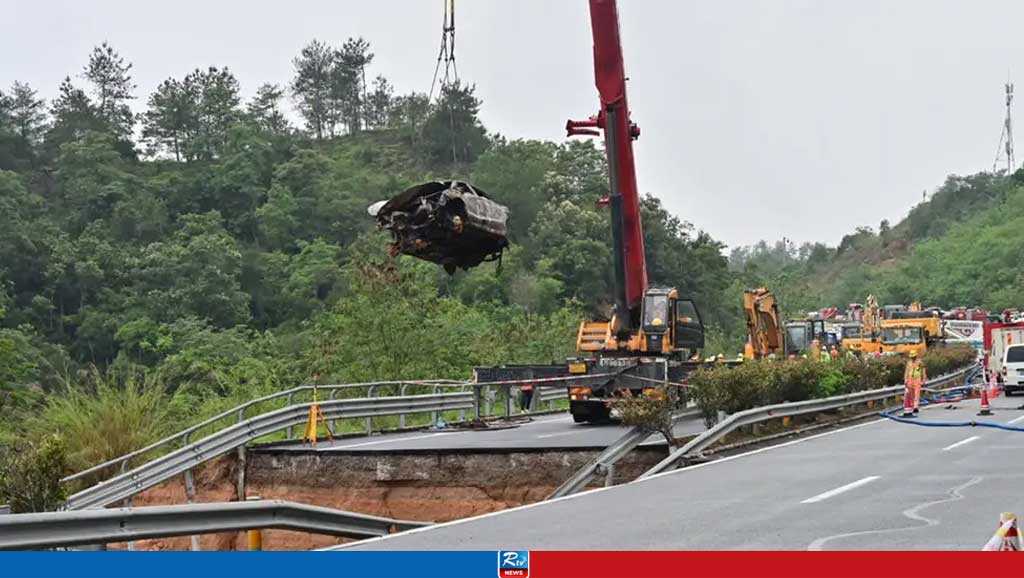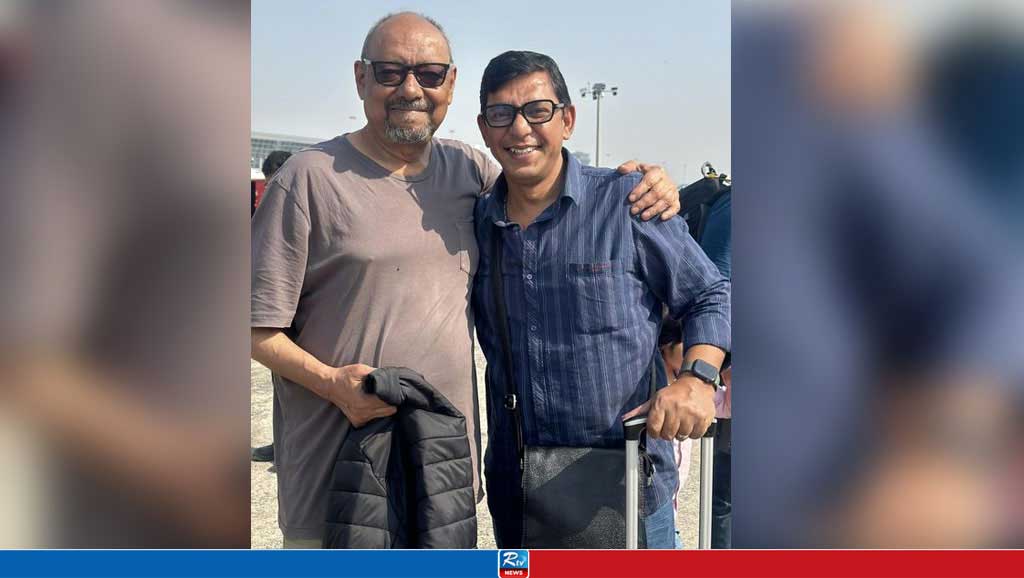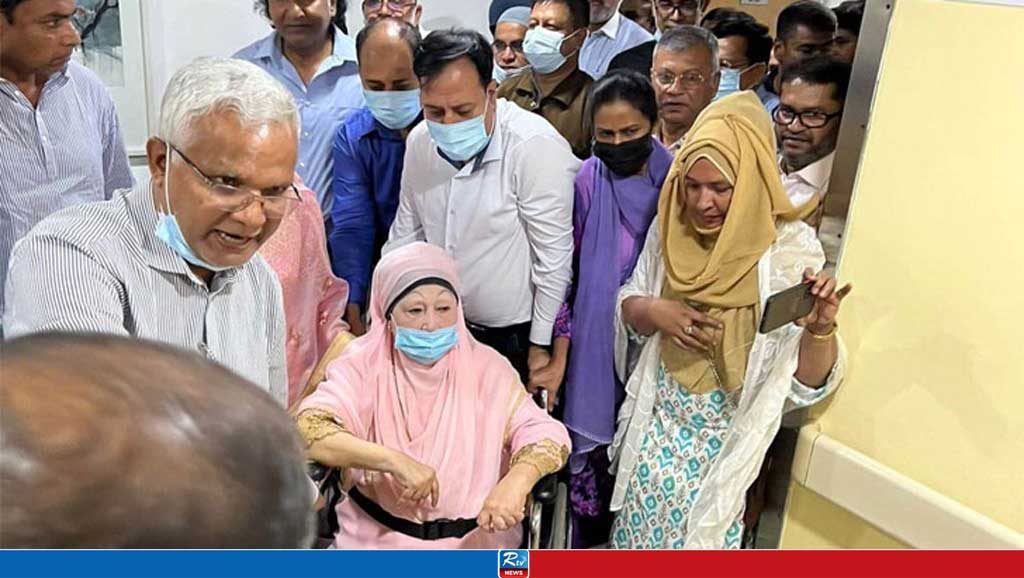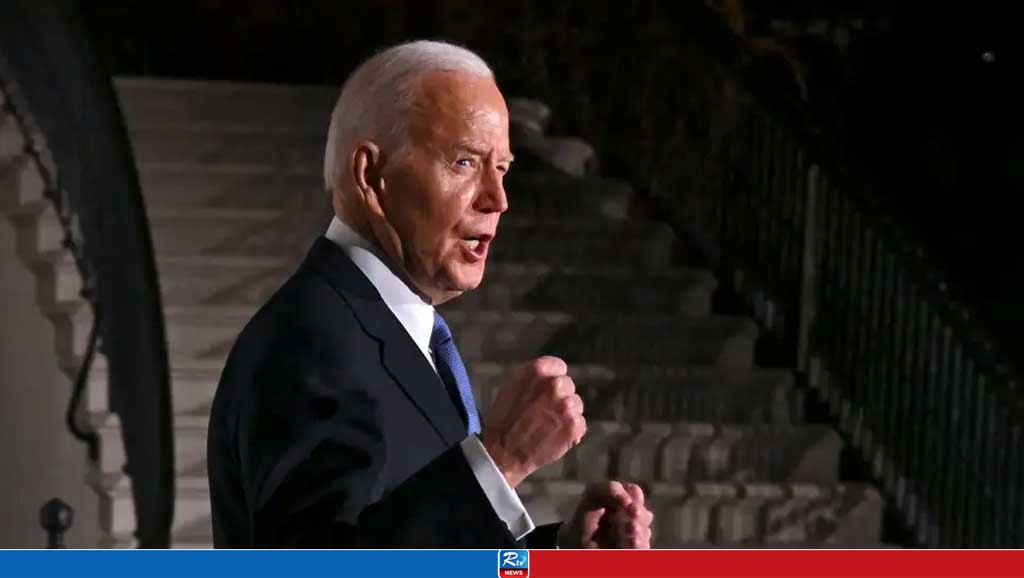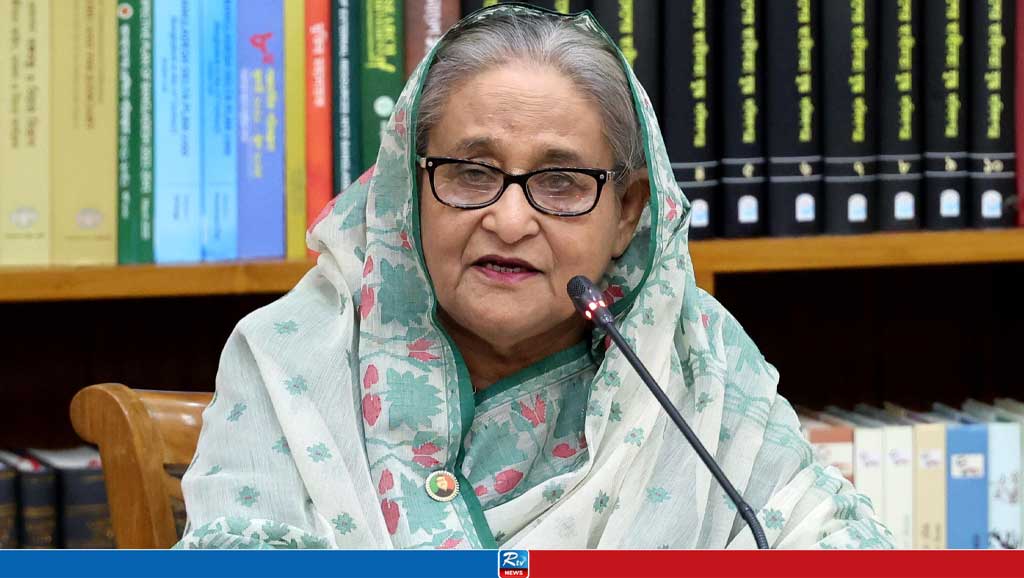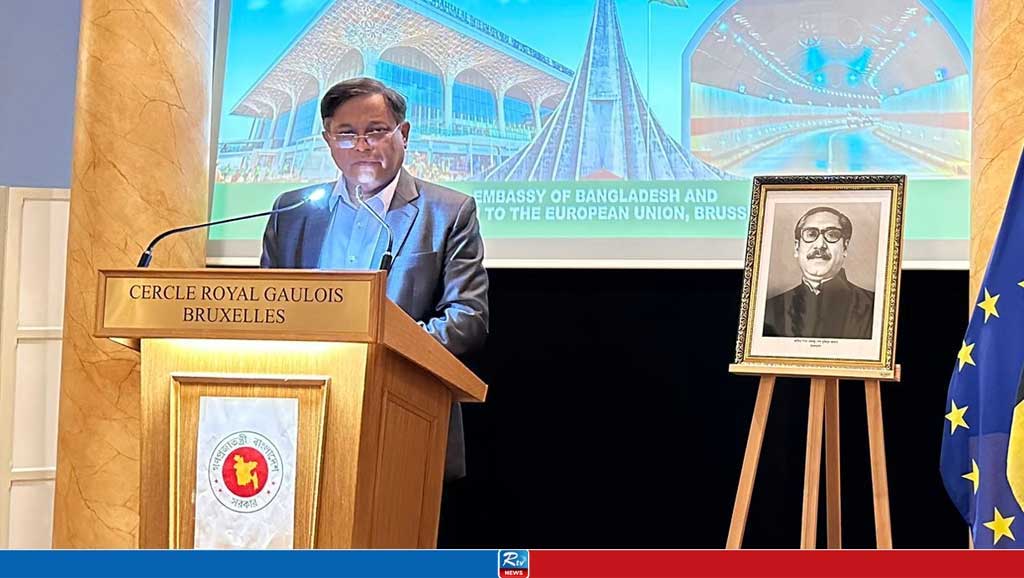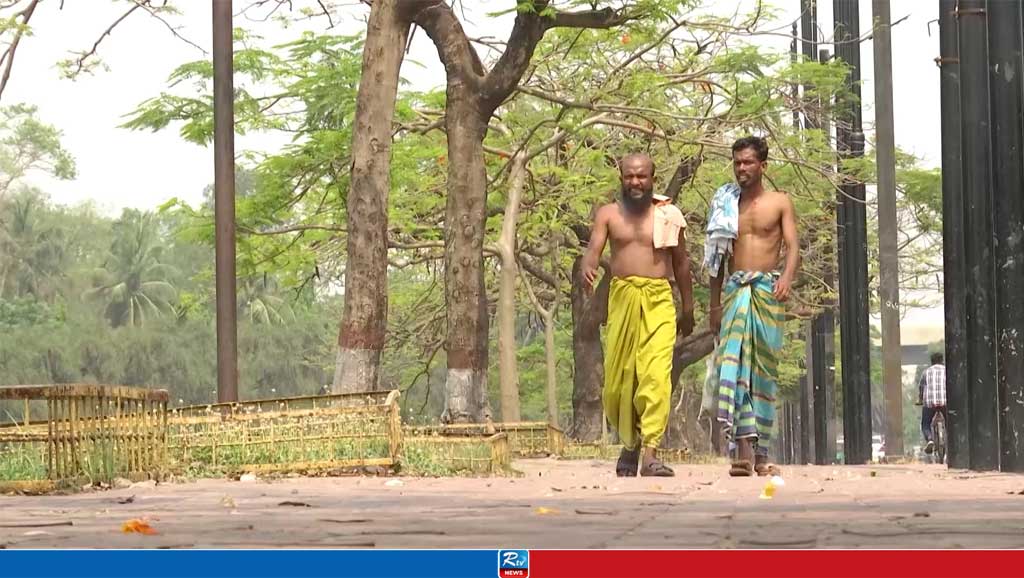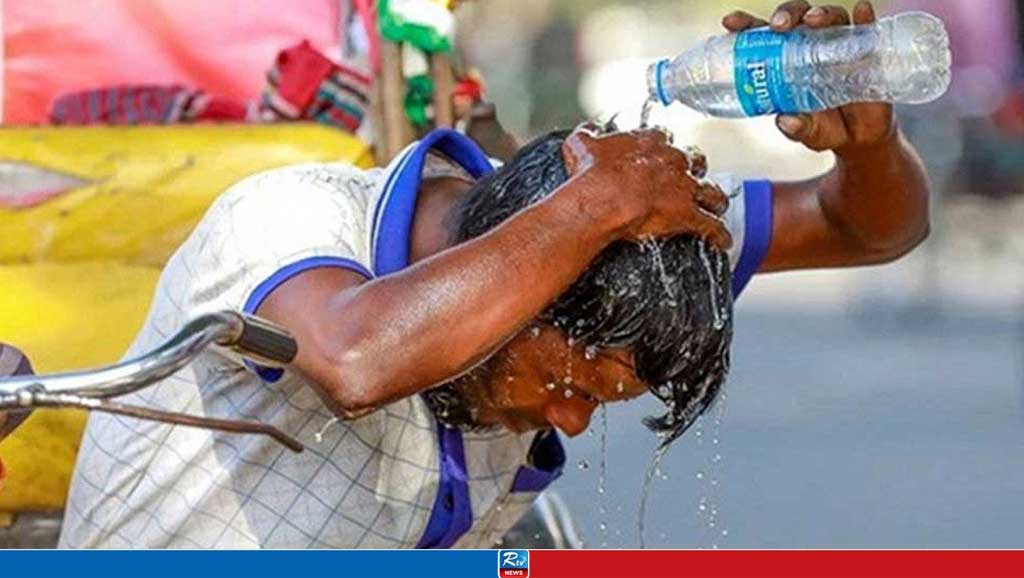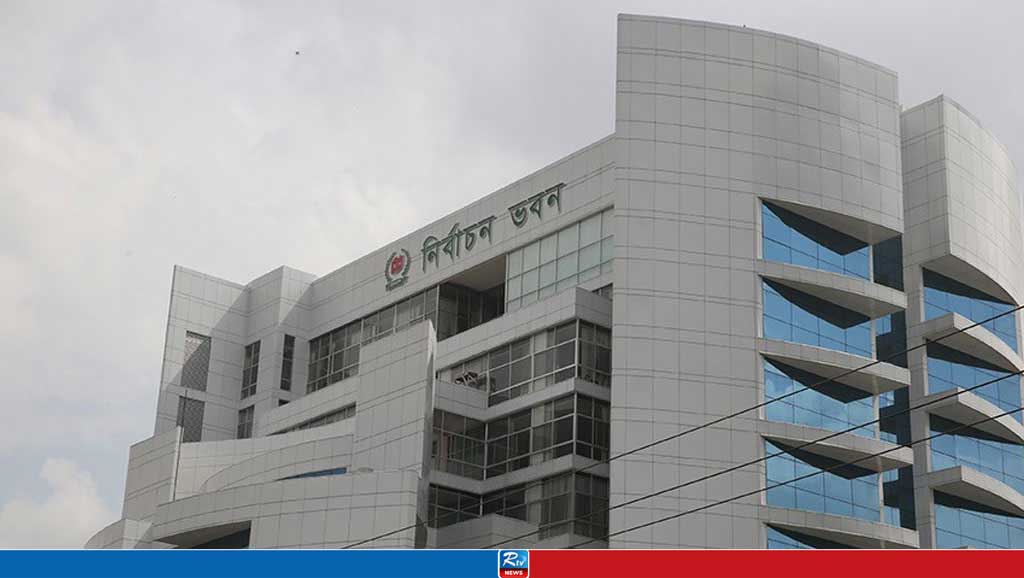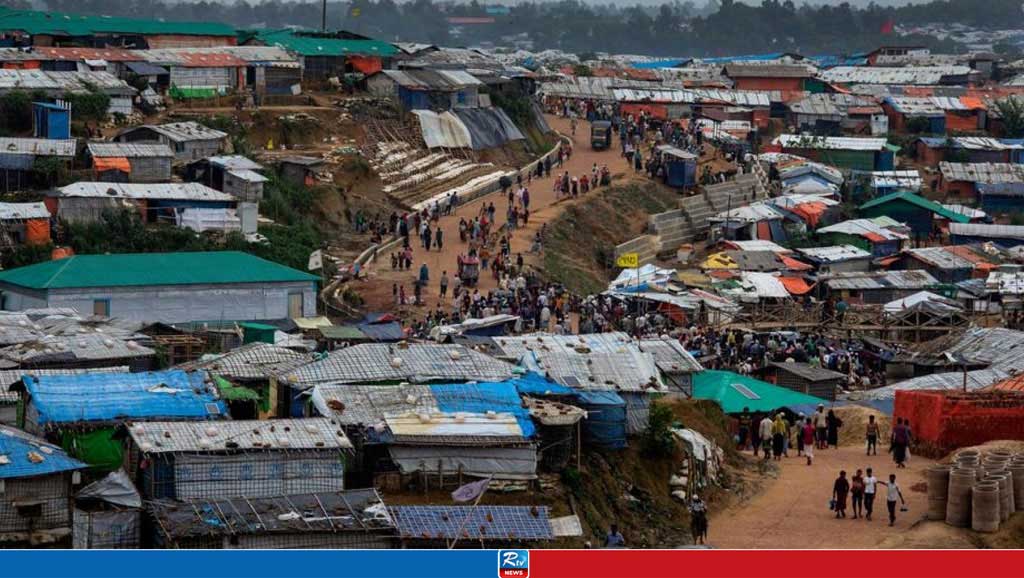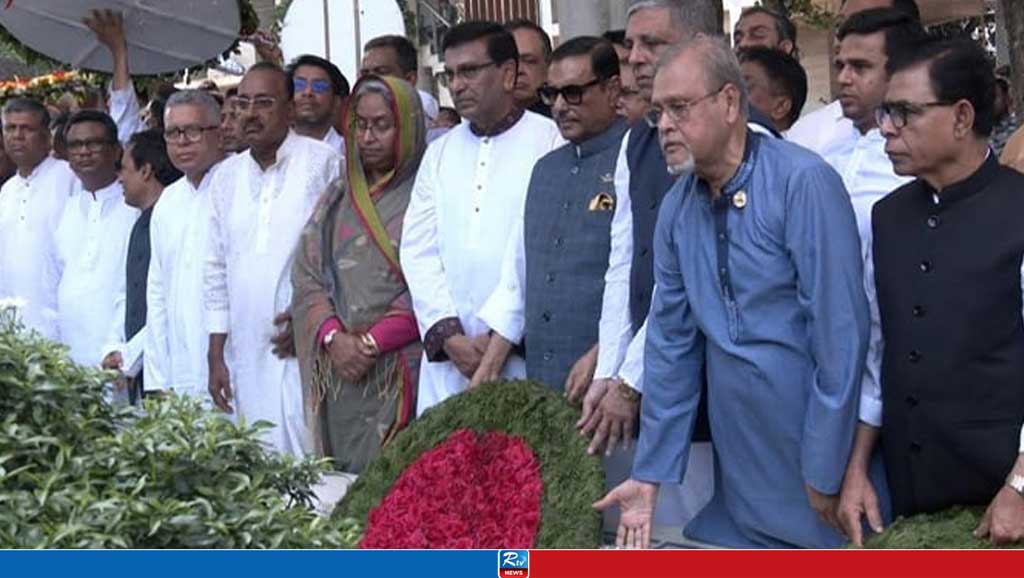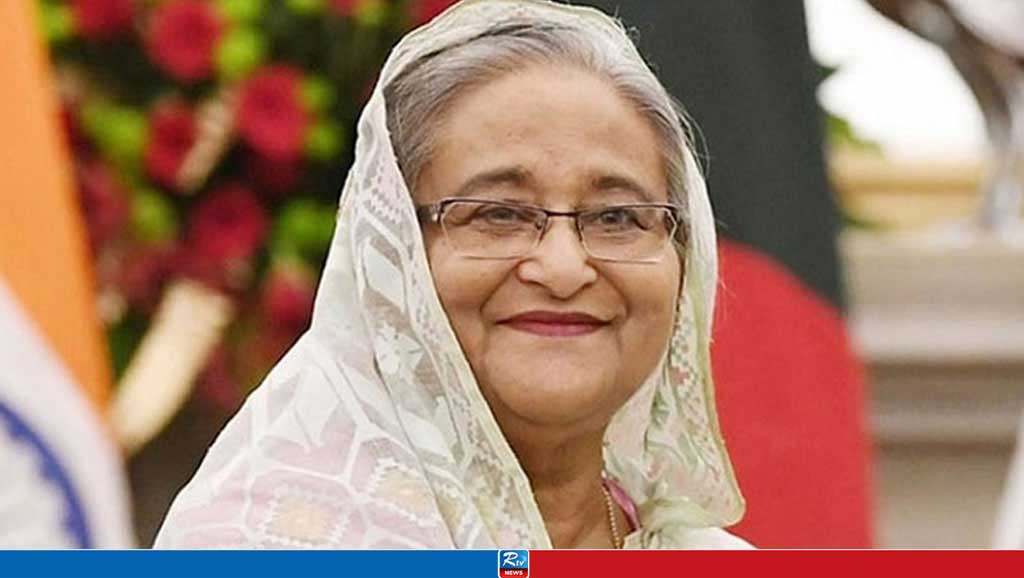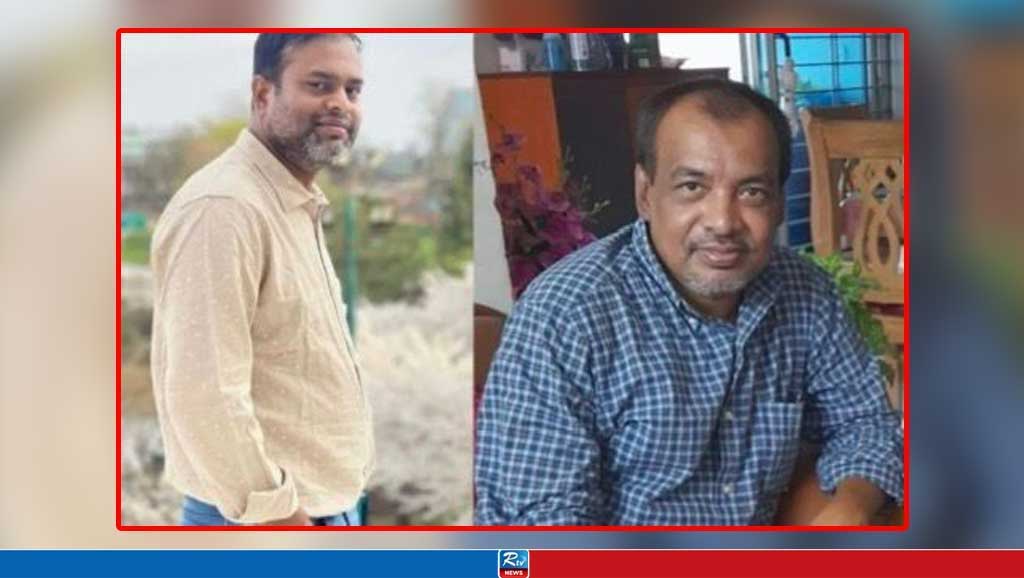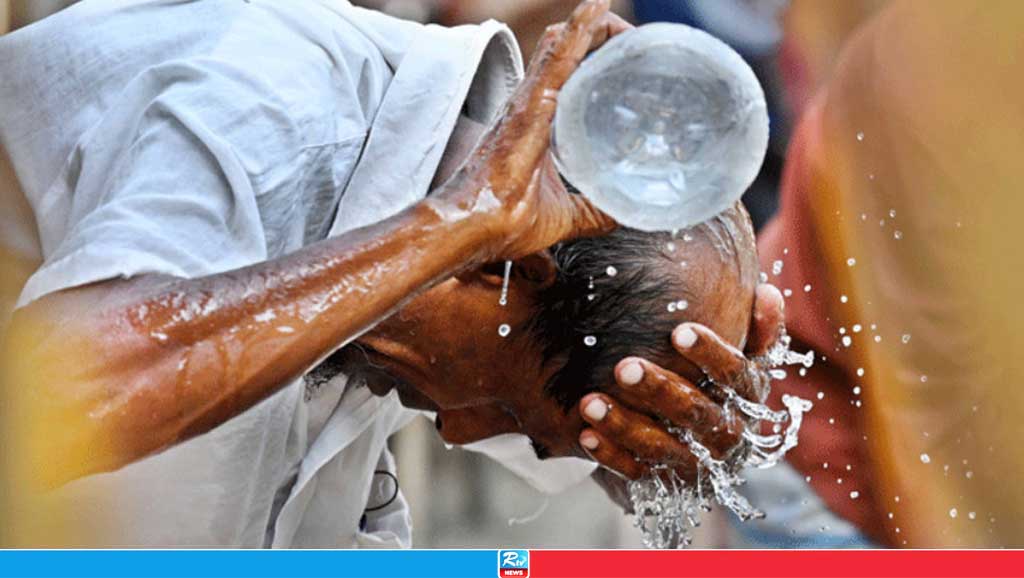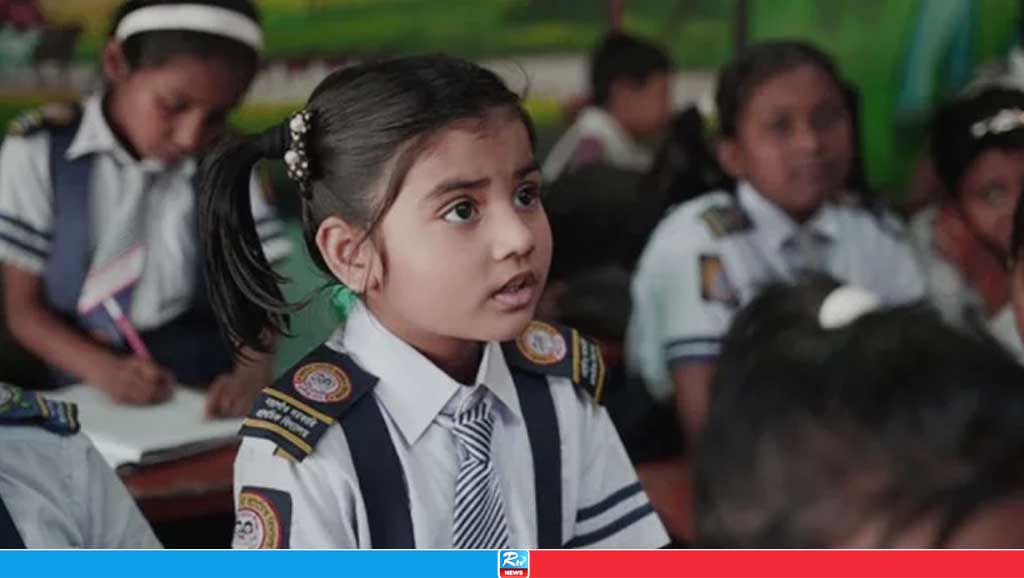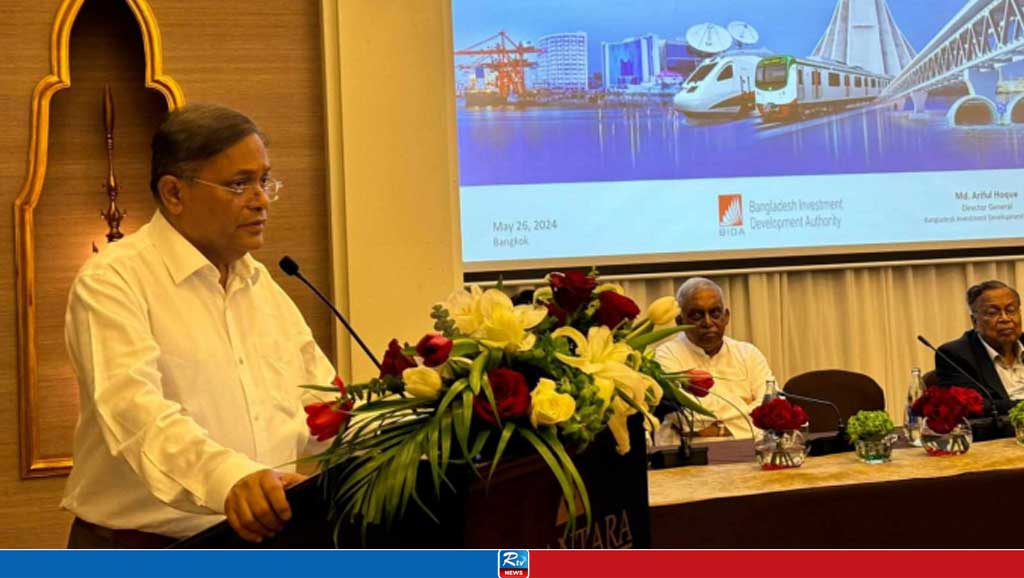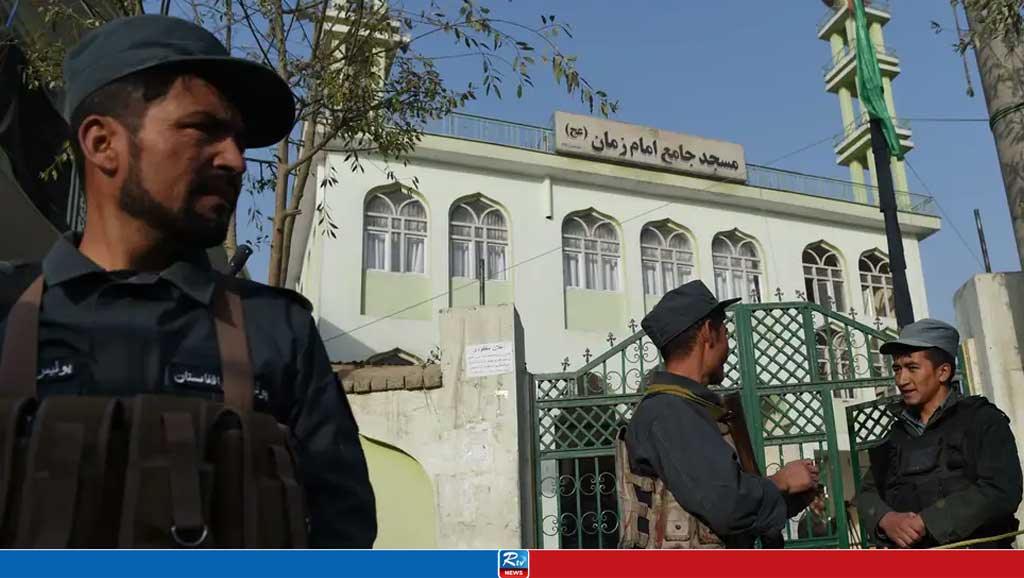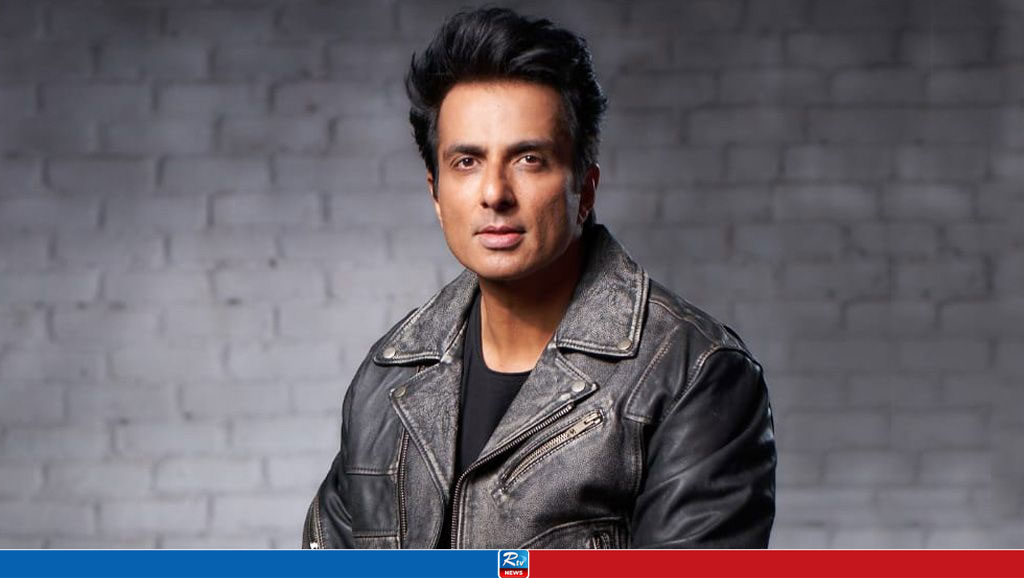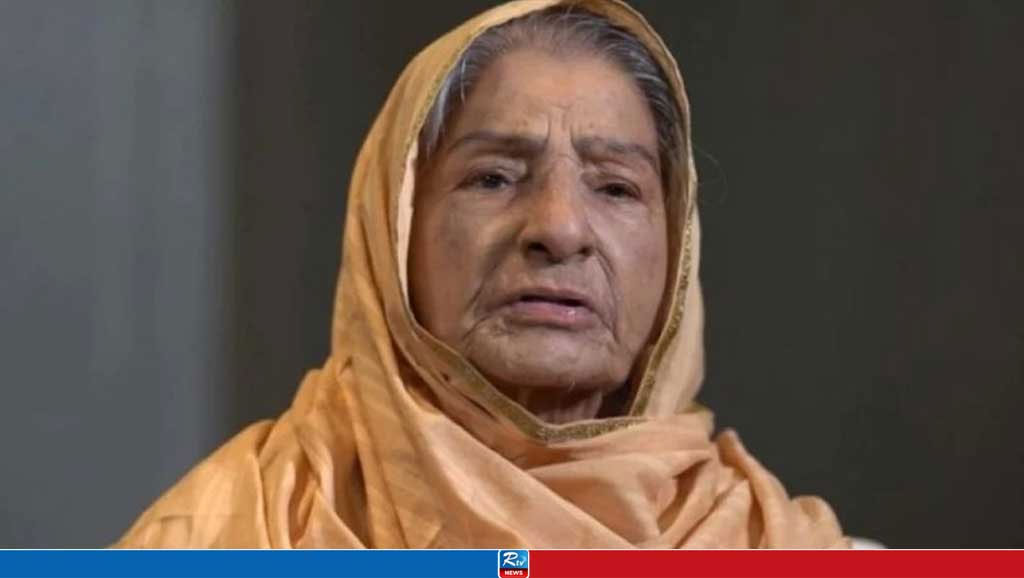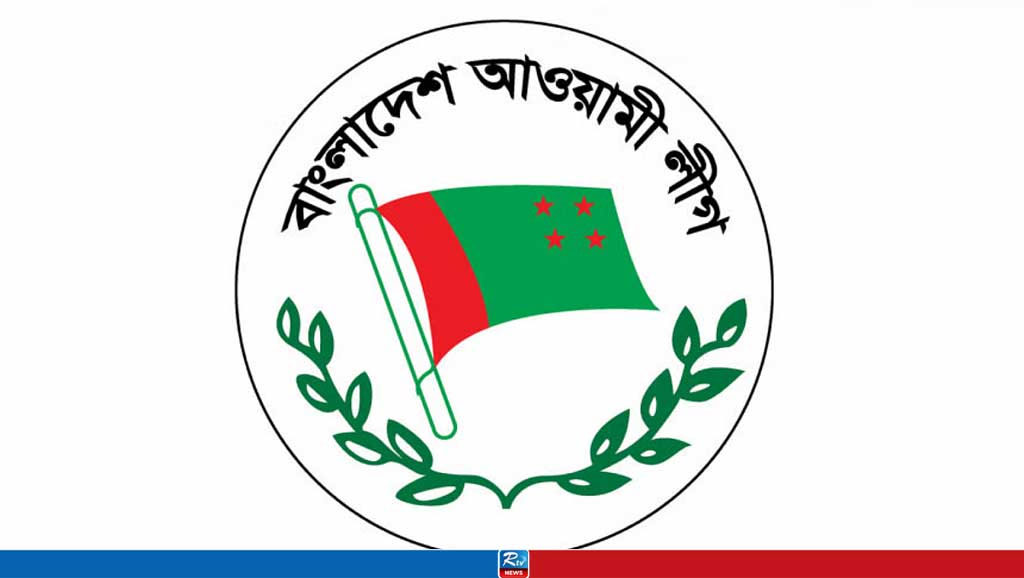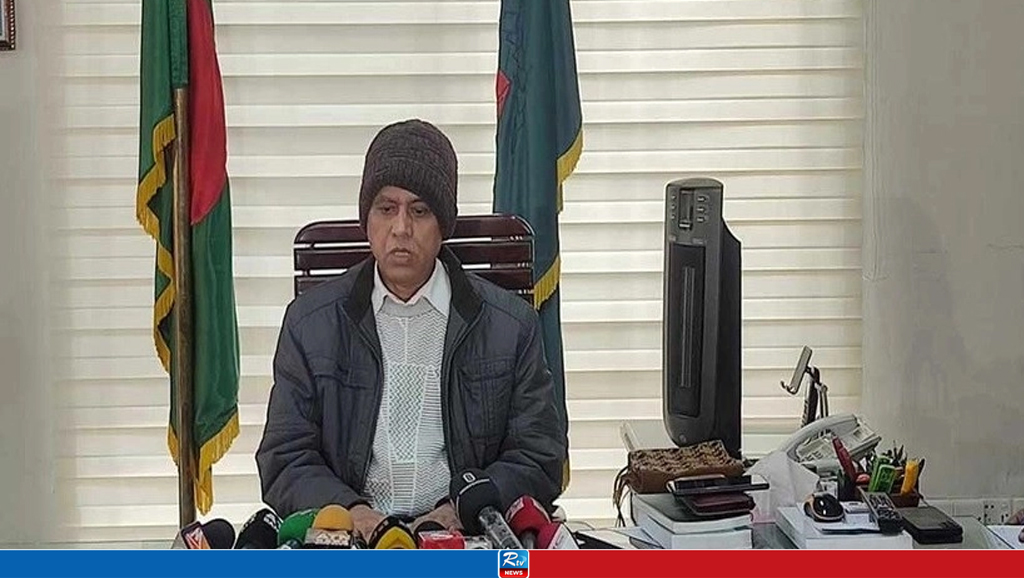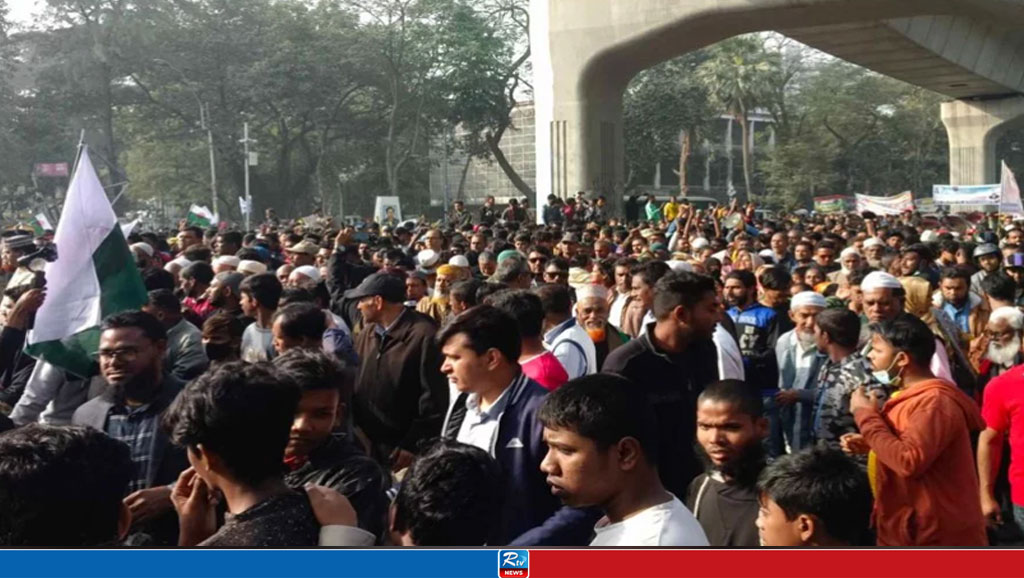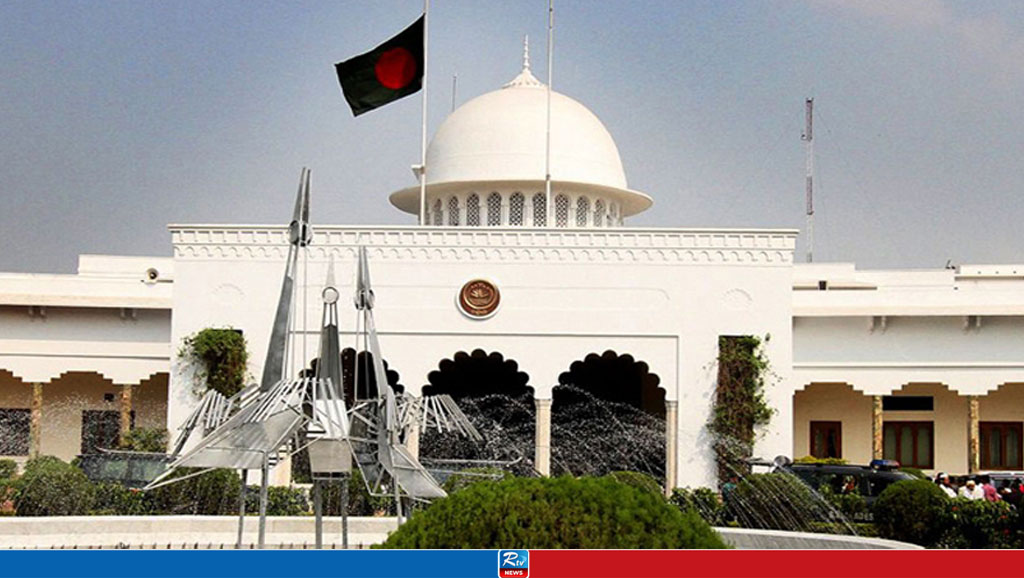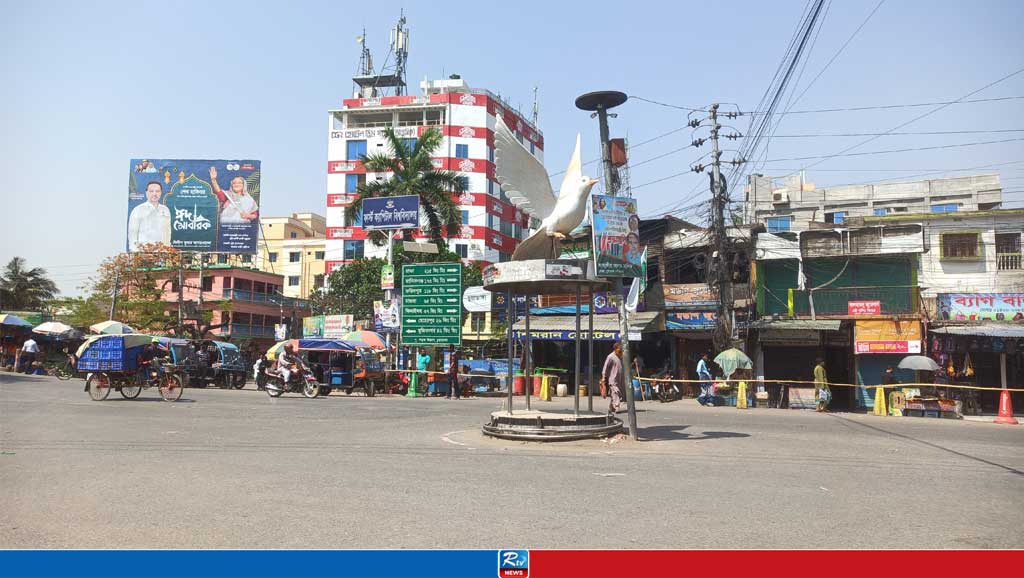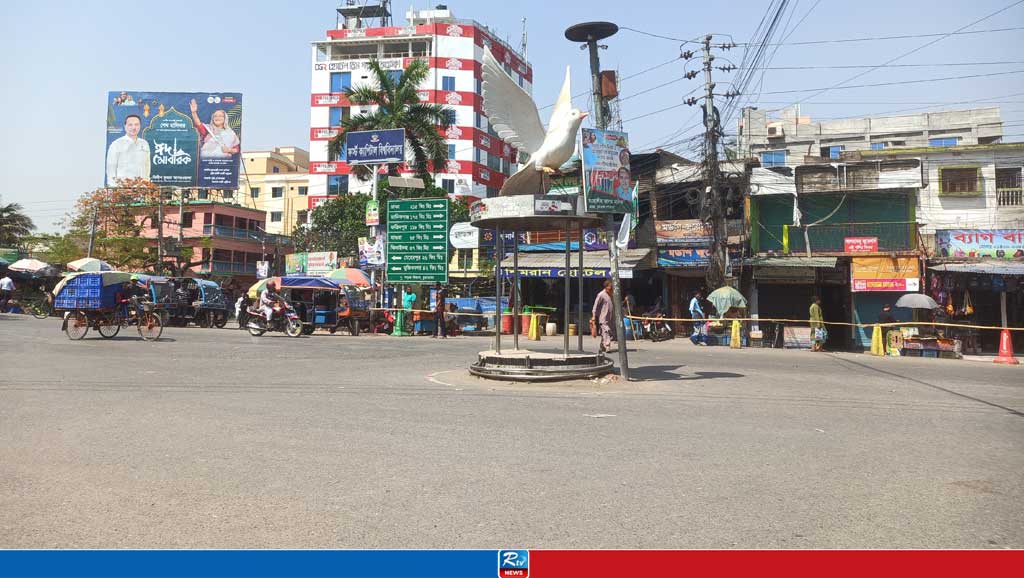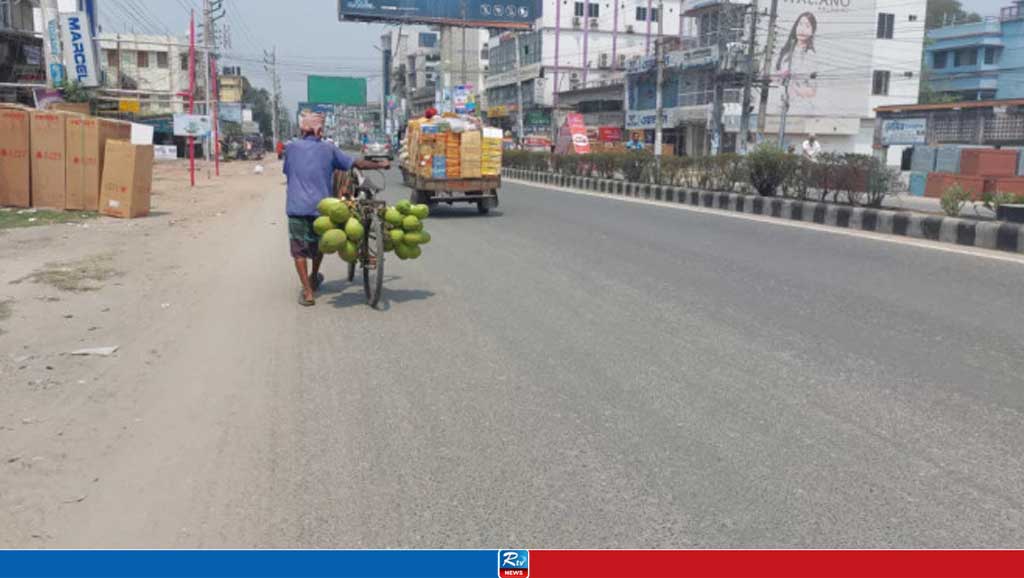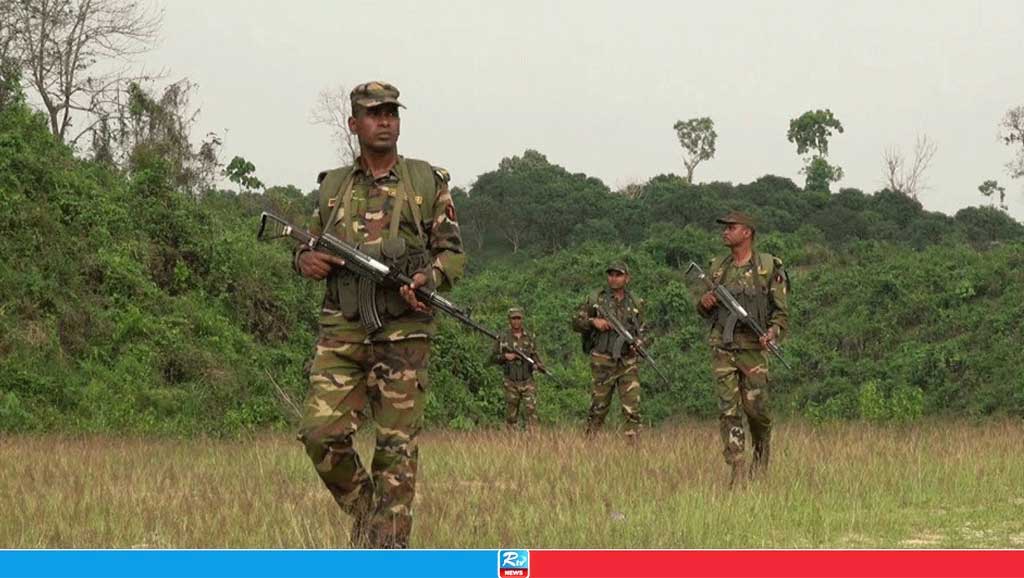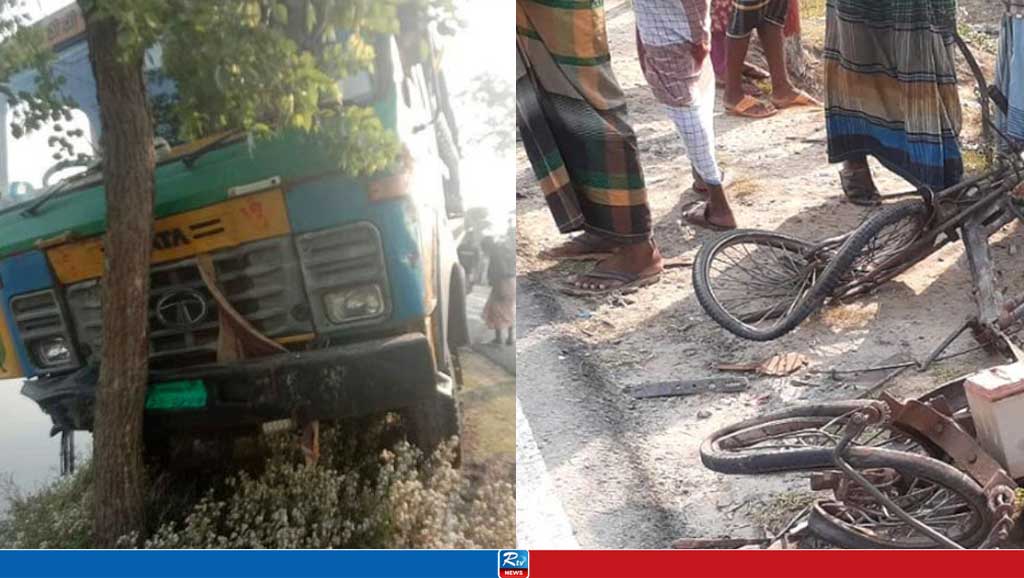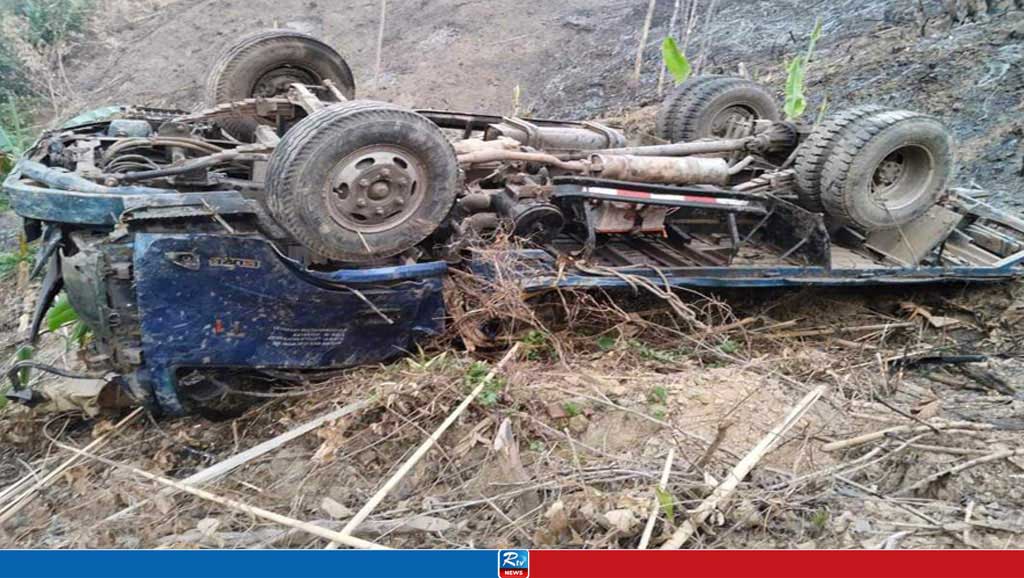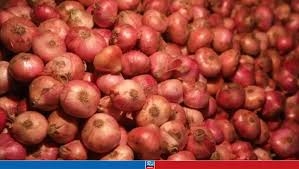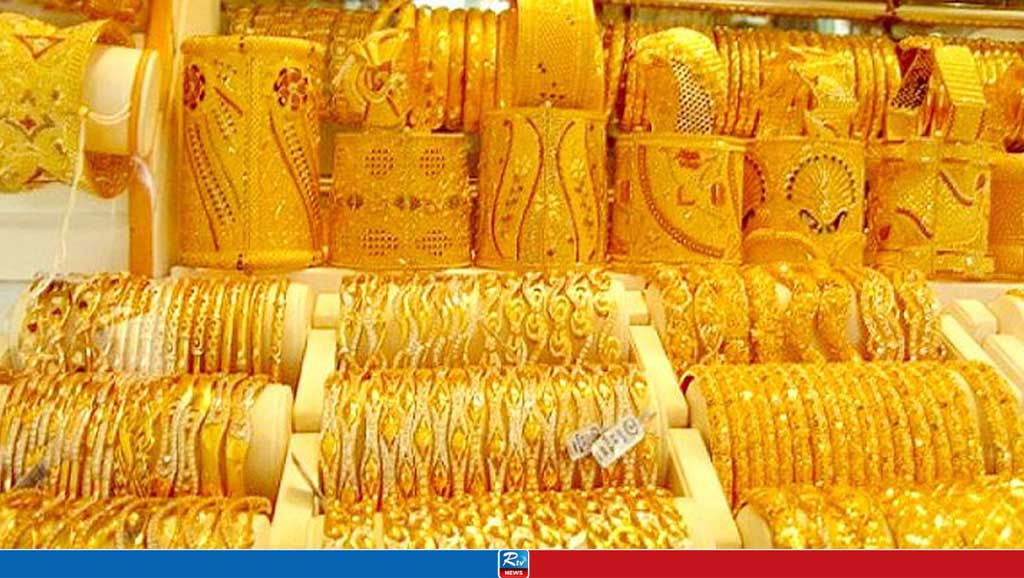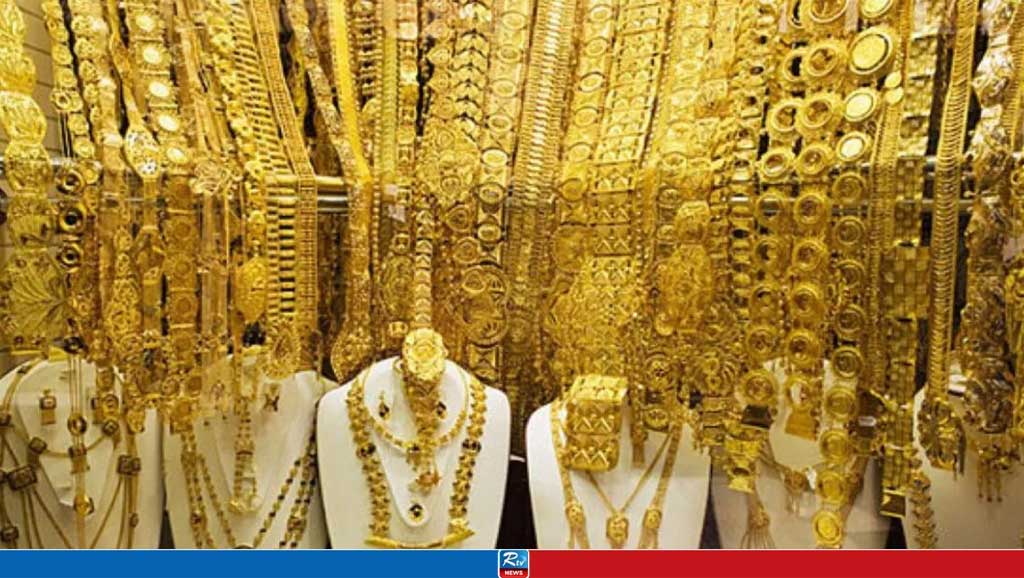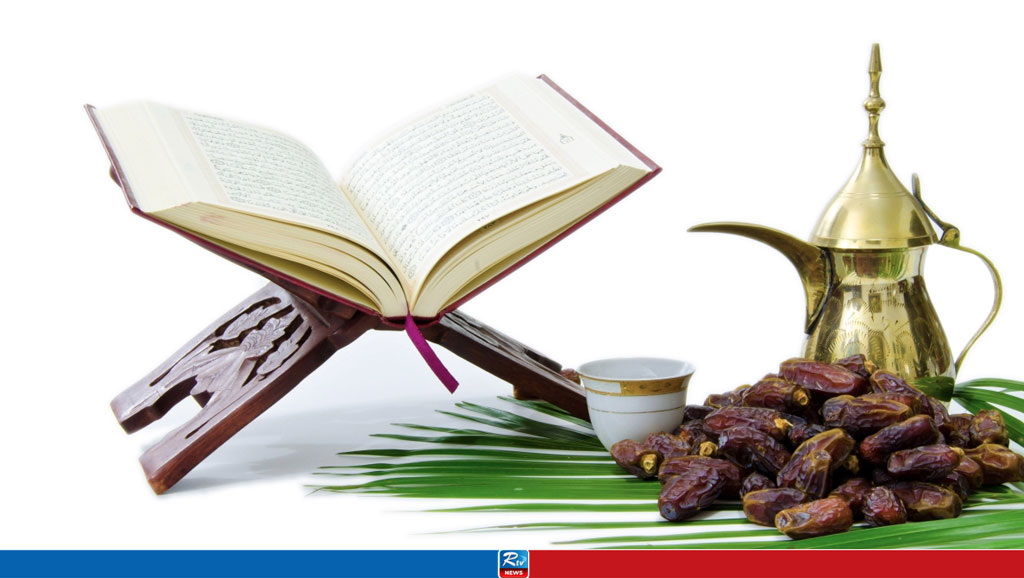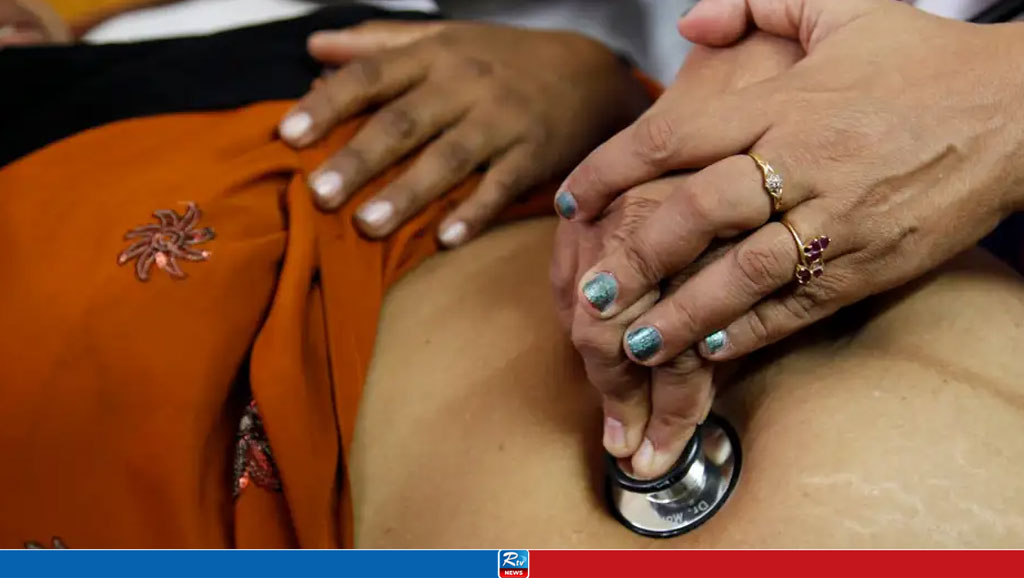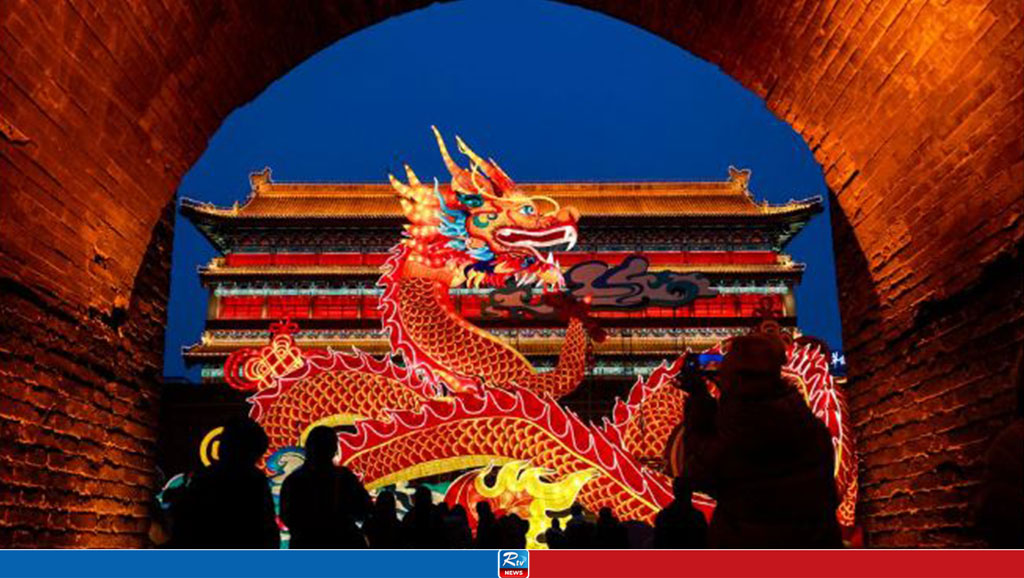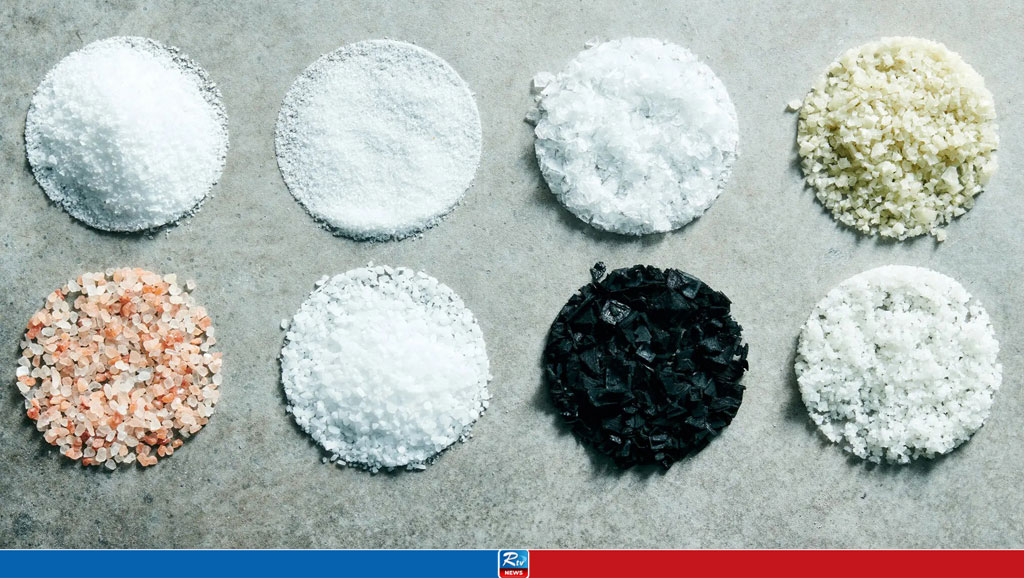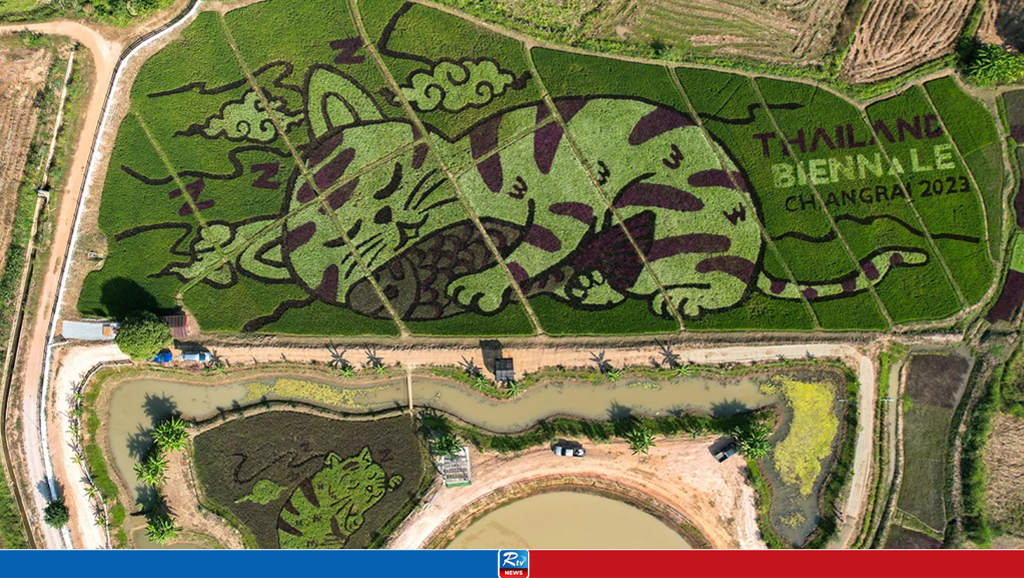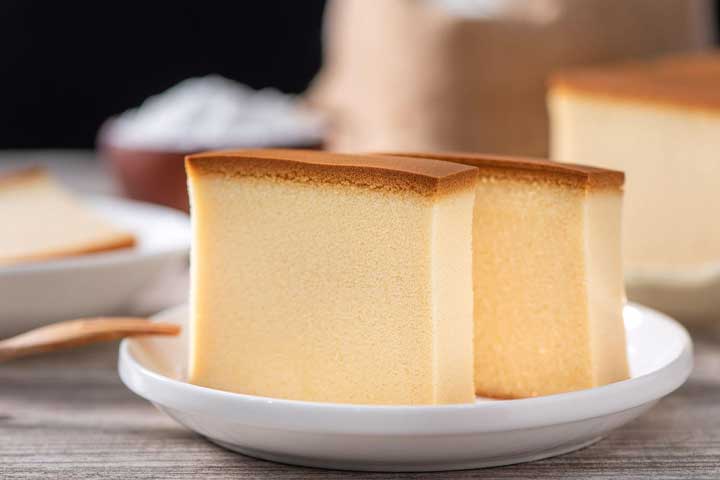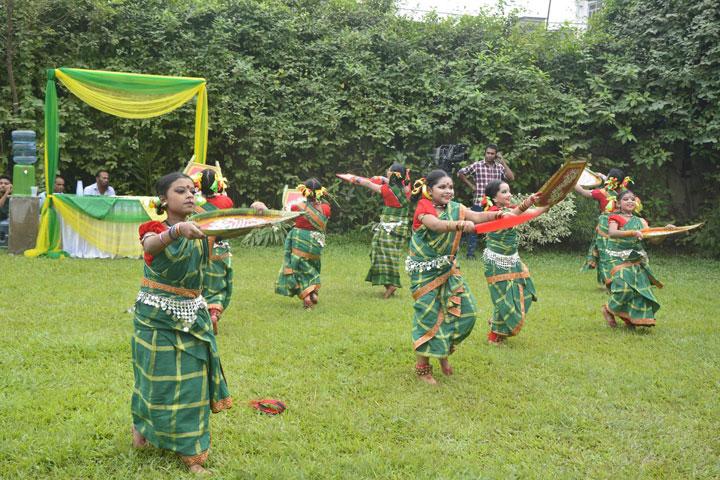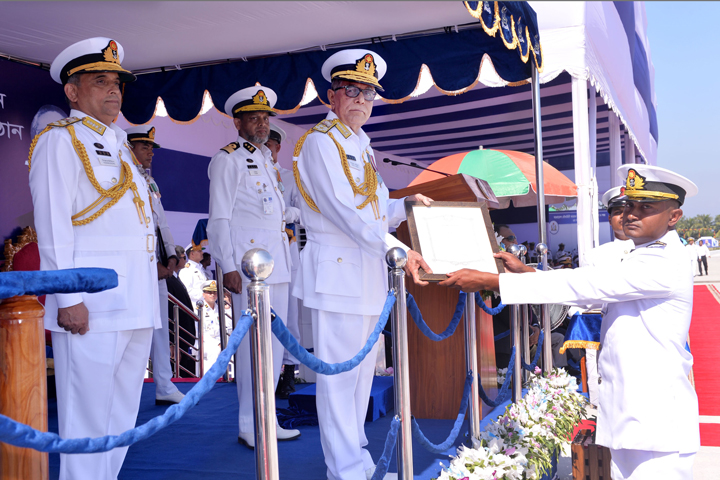The full speech of PM at press conference
Prime Minister Sheikh Hasina held a press conference after her 6-day (April 24 to April 29) official visit to Thailand. The press conference was held at her official residence Ganabhaban on Thursday (May 2) morning. She read out a written speech at the beginning of the press conference.
Below is the details of her written speech:
Bismillahir Rahmanir Rahim
Dear journalists and colleagues.
Assalamu Alaikum. Good morning.
I visited Thailand last April 24 to 29 to attend the 80th session of UN-ESCAP on a bilateral visit at the invitation of Thai Prime Minister Srettha Thavisin. A few ministers, state ministers, advisers and senior government officials accompanied me.
Arriving in Bangkok on April 24, I was greeted at the airport with a red carpet reception, a guard of honor and a gun salute.
The 80th annual session of UN-ESCAP was held in Bangkok from 22 to 26 April. I was invited by the Executive Secretary of the organization to deliver the welcome address at the inaugural function. Being busy in Bangladesh, I could not attend to it. However, a pre recorded video message of mine was screened on the main theme of the session.
In the morning on April 25, I delivered a speech on achieving the United Nations Agenda 2030 and the Sustainable Development Goals through strengthening cooperation in the Asia-Pacific region at a session of UN-ESCAP.
I expressed our interest in sharing our own innovated and implemented development models with other countries in the region through the UN-ESCAP side by side with highlighting the remarkable development experience of Bangladesh. I reiterated my call to international community to become vocal against all forms of aggression and atrocities and to say 'no' to war.
I called upon the world community, including the Asia-Pacific region to work together to stop continued genocide in Palestine and ongoing conflict in Myanmar and resolve the Rohingya issue.
On the same day, United Nations Under-Secretary General and UN-ESCAP Executive Secretary Ms. Armida Salsiah Alisjahbana called on me. During the meeting, I put emphasis on enhancing mutual cooperation between the countries of South Asia and Southeast Asia region.
Honorable Minister of Finance and State Minister for Posts, Telecommunications and Information Technology addressed various sessions of the 80th annual session of the UN-ESCAP.
ICT Division arranged a side event, that was held at the conference venue and a pavilion titled “Digital to Smart Bangladesh by 2041” was set up. I went round off the pavilion.
In the afternoon on the same day, I called on His Majesty the King of Thailand Maha Vajiralongkorn Phra Vajiraklaochaoyuhua and Her Majesty the Queen of Thailand Suthida Bajrasudhabimalalakshan at the Thai royal palace.
At this time, I expressed my gratitude to the King and the Queen for the long-standing friendship of Thailand and hoped that the two countries will work together to strengthen bilateral relations.
On the third day of the visit on April 26, when I reached the Government House, the Thai Prime Minister formally welcomed me again to Thailand with a state guard of honor.
Later, at the Government House, I had a head to head with Thai Prime Minister Srettha Thavisin. During the meeting, apart from other bilateral issues, I sought Thailand's cooperation in quick repatriating of the forcibly displaced Myanmar nationals (Rohingya community) to their homeland.
At the end of the head to head, a bilateral meeting was held with the participation of delegations from both countries led by me and the honorable Prime Minister of Thailand.
In this meeting, we held constructive discussions to further develop the existing long-standing bilateral relations between the two countries. At this time, I sought cooperation of Thailand as a valuable partner in transforming Bangladesh into a knowledge-based, digitalized and climate resilient country and making Bangladesh a smart country by 2041.
In the meeting, the review of the "Free Trade Agreement" with a view to expanding trade and increasing imports and exports between the two countries as well as other issues of common interest were discussed. Notable topics included investment, people-to-people contacts, cultural exchange, tourism cooperation, energy security, agriculture and food security, health, land and sea connectivity, development cooperation, and regional and international cooperation.
At this time, I requested the Thai Prime Minister to encourage the participation of the private sector, especially investment in our Special Economic Zones and Hi-Tech Parks, to keep the balance of trade between the two countries.
I requested the Thai Prime Minister to consider the issue of granting duty-free access to some Bangladeshi goods, including ready-made garments, for a logical period.
As an agricultural producing country, we can utilize Thailand's experience and technological expertise to strengthen food security through increasing cooperation in the agricultural sector. That is why I discussed about increasing our cooperation with Thailand.
We discussed increasing cooperation in education and health sectors. I also urged Thailand to invest in the health sector of Bangladesh.
We agreed to strengthen economic relations between Bangladesh and the Thailand by quickly launching direct coastal shipping between Thailand's Ranong Port and Chittagong Port with the aim of economic development through seamless regional connectivity. Besides, I reiterated our expectation of Bangladesh's joining in “India-Myanmar-Thailand trilateral highway” for strengthening regional cooperation.
Both Bangladesh and Thailand are founding members of BIMSTEC. I and the Thai Prime Minister agreed that BIMSTEC can be a key driving force of economic growth for the nearly 180 crore people in the region. I congratulated the Prime Minister of Thailand as the current chairman of BIMSTEC and wished that Thailand will organize a successful BIMSTEC summit soon under his leadership.
Geographically, Bangladesh is a neighbor of ASEAN. I again requested the Government of Thailand about the appeal for getting ASEAN's “Sectoral Dialogue Partner' status for Bangladesh which is located at the junction between South Asia and South East Asia, within the current year.
At the end of the bilateral meeting, an agreement, three memorandum of understandings and a Letter of Intent were signed to further expand the area of cooperation between the two countries.
The documents are:
a. Agreement on Visa Exemption for Official Passport Holders;
b. MoU on Energy Cooperation;
c. MoU on Tourism Cooperation;
d. MoU on Customs Cooperation; and
e. Letter of Intent for starting negotiation on Free trade agreement.
After signing of the agreements and MoUs, I and the Prime Minister of Thailand Srettha Thavisin spoke at the press conference. After the press conference, I attended a state luncheon hosted by the Prime Minister of Thailand in honor of me. My younger sister Sheikh Rehana also attended it.
My official visit to Thailand will remain as a milestone in bilateral relations. It ushered in a new era of fruitful partnership between our two countries.
The official visit of the head of government of Bangladesh to Thailand, an important member state of ASEAN, is very significant. The visit will play an important role in strengthening bilateral economic relations, including the increasing of bilateral trade and commerce, progress on starting the discussion on free trade agreement, increasing of intercommunication, etc. The visit is expected to play a significant role in Bangladesh's achieving of the candidacy of ASEAN's 'Sectoral Dialogue Partner' by 2024.
I am hopeful that the talks held with the Honorable Prime Minister of Thailand on Rohingya repatriation will help Thailand to take a strong position on the speedy repatriation of Rohingyas bilaterally and in the regional alliance ASEAN.
As a whole, I think this visit has been successful and fruitful as a special effort of Bangladesh to protect the economic interests of Bangladesh and increase its regional engagement.
Thank you all.
Khoda Hafez.
Joy Bangla, Joy Bangabandhu
May Bangladesh live forever.




















 Live Tv
Live Tv

